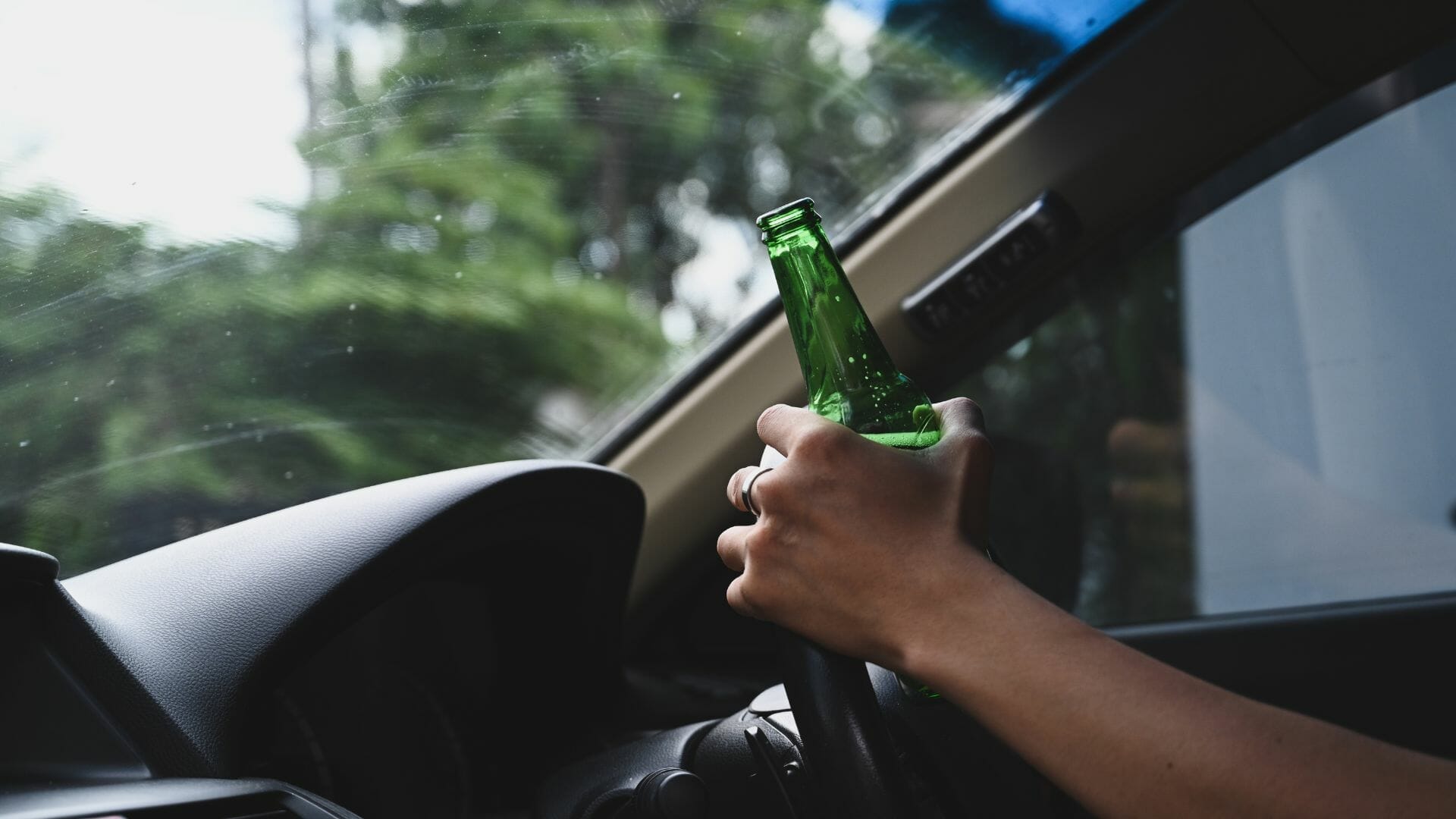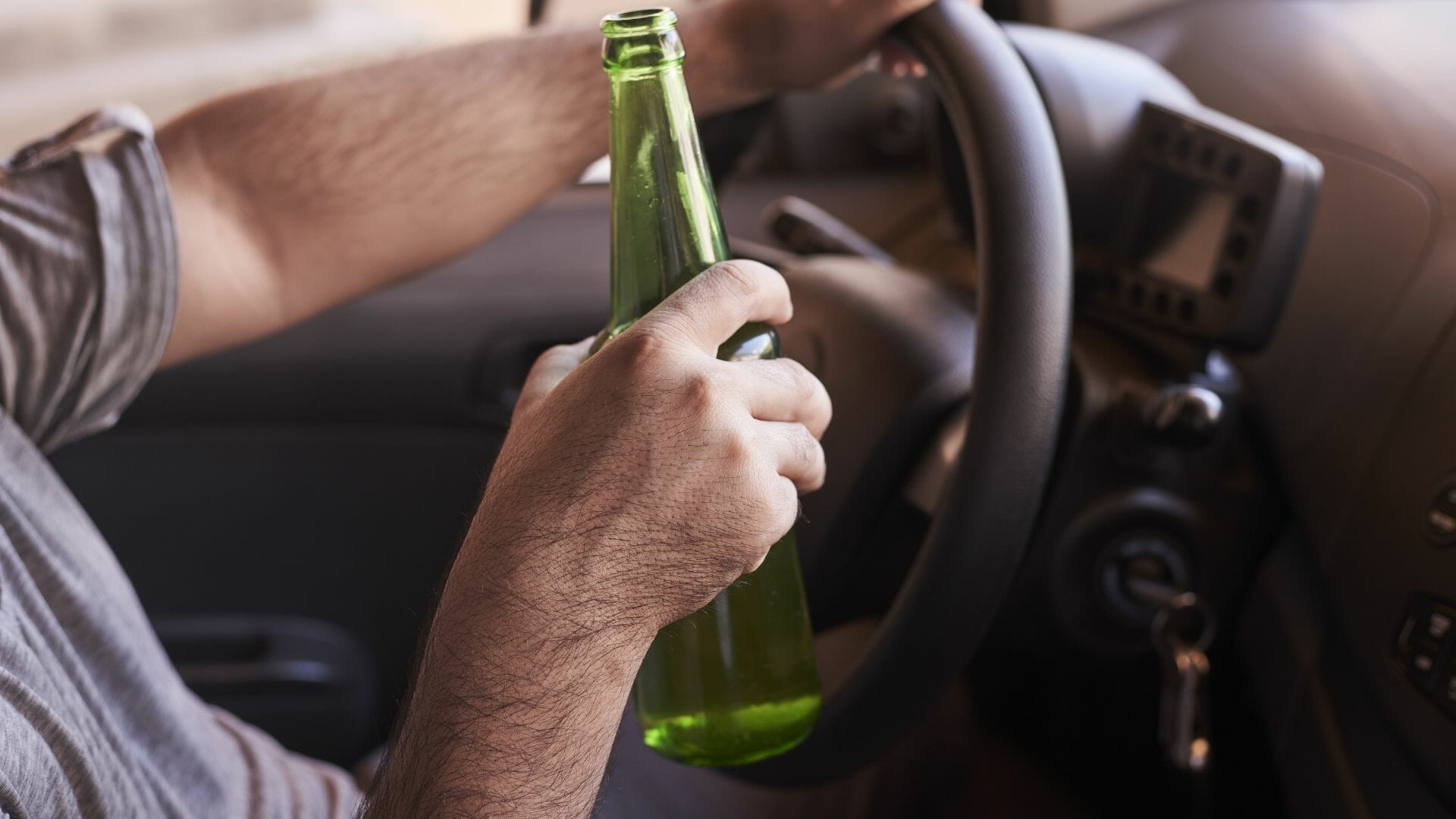You purchase car insurance because it is the law. But it also serves an essential function in the event of a car crash. If you get in a wreck, your insurance helps pay for the injuries and property damage the accident causes. This keeps you from having to shoulder the financial consequences of drunk driving accidents yourself.
One situation most insurance companies do not cover is intentional acts. If you deliberately crash your car, your insurance company will not step in to pay your expenses. Trying to get your insurance company to pay a claim when you intentionally wrecked may be considered insurance fraud.
Based on this, you may view damages resulting from a drinking and driving crash similarly. Since you intentionally drank, you might think, the insurance company will deny any claim you submit. In truth, though, the answer is not so simple.
Drinking and Driving Crashes May Not Be Intentional Acts
The act of drinking is clearly intentional. Unless someone spiked your drink, you voluntarily drank one or more alcoholic beverages. While you may not have intended to become intoxicated, you knew it was possible.
Similarly, you intended to drive after consuming alcohol. Whether you felt you were not that drunk or did not have a ride, you still decided to drive after drinking.
But this does not mean you intended to get into a wreck while drinking and driving. You may have been driving as carefully as possible because you knew you had consumed alcohol beforehand.
Your intoxication may not even have caused the crash in which you were involved. Another driver might have run a red light and hit you, and you just happened to be driving while intoxicated.
Insurance Claims Following a Drunk Driving Crash

Thus, whether your insurance company pays your claims following a drunk driving accident can depend on several circumstances. If you were at fault for causing the crash, your insurance company would likely deny any claim you file.
On the other hand, suppose another driver is wholly responsible for causing the accident. In this case, your insurer may choose to pay your claim and not view your drinking and driving as an intentional act that led to a loss.
Another factor that plays a role in your insurer’s decision is if law enforcement files any criminal charges. If they charge you with drunk driving or a court finds you guilty of driving drunk, your insurance company may view your claim differently than if you never face charges.
You should also know that your insurance company may view your situation differently than another’s insurance company.
For example, suppose that you are drinking and driving, and another negligent motorist hits you. Your insurance company may approve your claim, but the other driver’s insurer may not. They may try to avoid compensating you because of your intoxicated condition.
Therefore, after drunk driving accidents in which you are not at fault, you might need to begin by filing a claim with your insurer. Then, you may need to file a claim or lawsuit against the at-fault driver seeking compensation. Your insurer may help you do this since part of any recovery would go to pay back what your insurer paid to you.
Disclosing Drunk Driving to Your Insurance Company
You may wonder, “Do I have to report that I was drunk and driving after an accident?” If you are asked about whether you were drinking and driving, you should not hide or lie about this fact.
Your insurance company will request a copy of any accident report related to the crash. Thus, whether you disclose the fact or not, your insurer will learn if you were under the influence.
The law may consider failing to tell an insurance company the truth to be insurance fraud. However, disclosing your intoxication to an insurance company can be tricky. It is best to have legal counsel handle this delicate situation.
Other Ways Drunk Driving Can Impact Your Insurance
When setting the terms of your policy and rates, your insurer will examine your driving history. If you have a history of traffic offenses, you can expect to pay a higher premium than someone without many tickets.
Instances in which a court has found you guilty of drunk driving will invariably result in much higher premiums. These higher premiums reflect the greater risk you are to the insurance company.
Your insurance company will take note of convictions you receive while you are a current customer, too. Your insurer can raise your rates after an instance of drunk driving, whether you had a crash or not. Some insurers may even cancel your policy and refuse to insure you any further after a drunk driving conviction.
The Importance of Reading Your Policy
No law requires insurers to cover your losses after drunk driving accidents. Similarly, no statute exists that requires your insurance company to continue to provide you coverage after you have one or more drunk driving accidents. Each insurance company is free to address these situations as they see fit.
Therefore, read your policy documents and understand your coverage before you are in a crash. Examine your documents carefully, looking for situations that the policy excludes from coverage. If you have any questions, you should contact your insurance company.
When to Contact The Joel Bieber Firm
If you are wondering how to navigate the insurance claims process after drunk driving accidents, turn to The Joel Bieber Firm for direction. Our personal injury lawyer will not only equip you with information but also take the necessary steps on your behalf.
We can hold your insurer to the terms of your policy if they try to deny your claim unfairly. And we will fight for compensation for you if another driver is to blame for the wreck. See what we can do for you by contacting us today.
Interesting Reads:
Who Else Is Responsible for Drunk Driving Accidents?
What To Do If You Get Into A DUI Car Accident
5 Factors that Influence the Time Your Car Accident Settlement Takes
Distracted Driving: All the Ways It Can Happen

